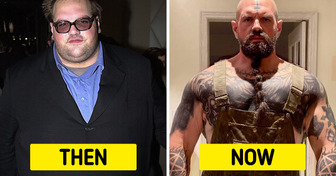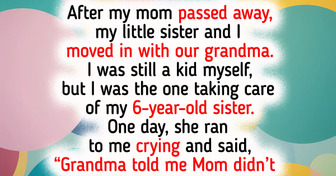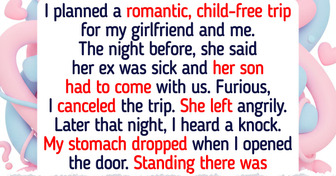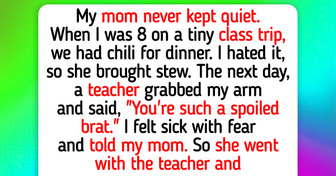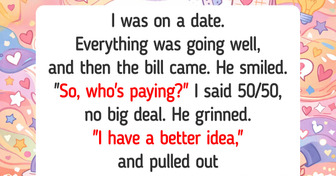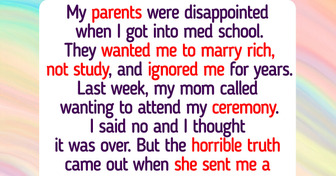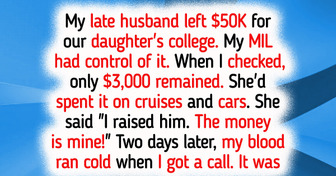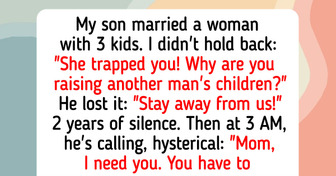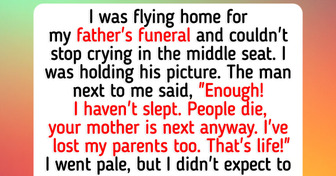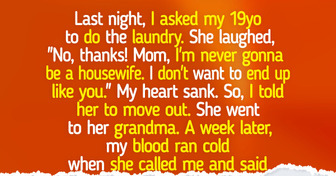The Most Beautiful Girl in the World Has Grown Older. Here’s What She Looks Like Today
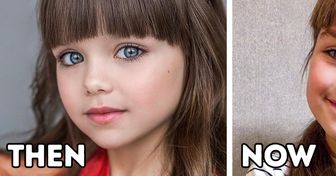
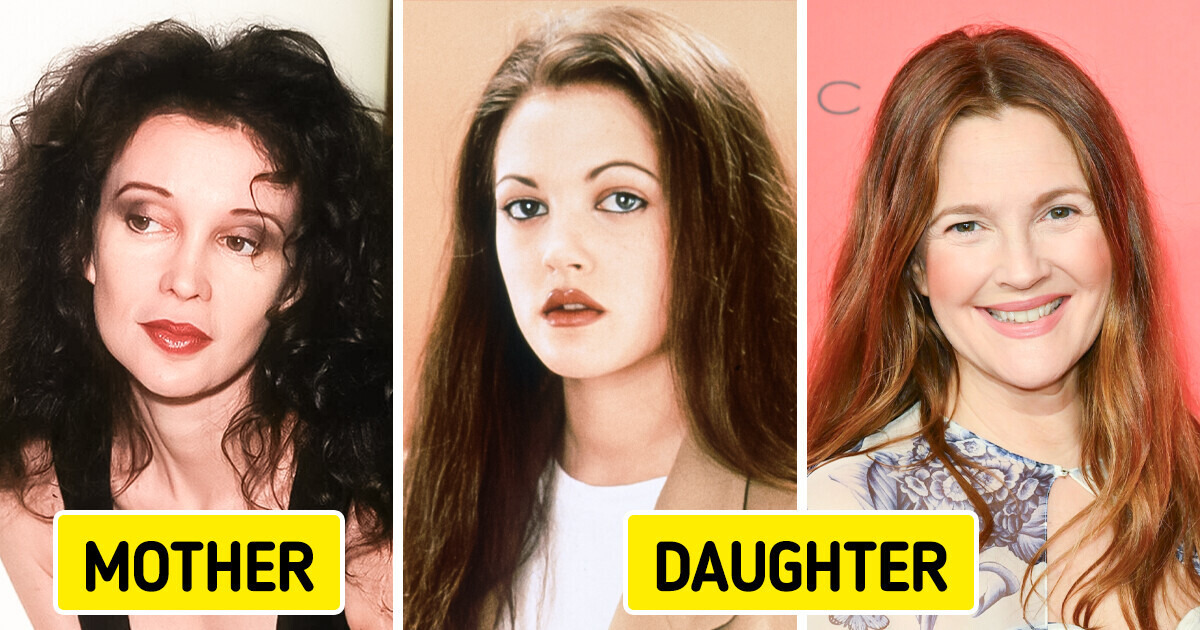
Drew Barrymore, a baby girl born into the illustrious Barrymore acting dynasty, entered the world of Hollywood at the intersection of pedigree and promise. From the early stages of her life, she was surrounded by the glitz and glamour of showbiz. However, her journey took an unexpected turn when, at the tender age of 7, she found herself confronting the less glamorous and more challenging aspects.
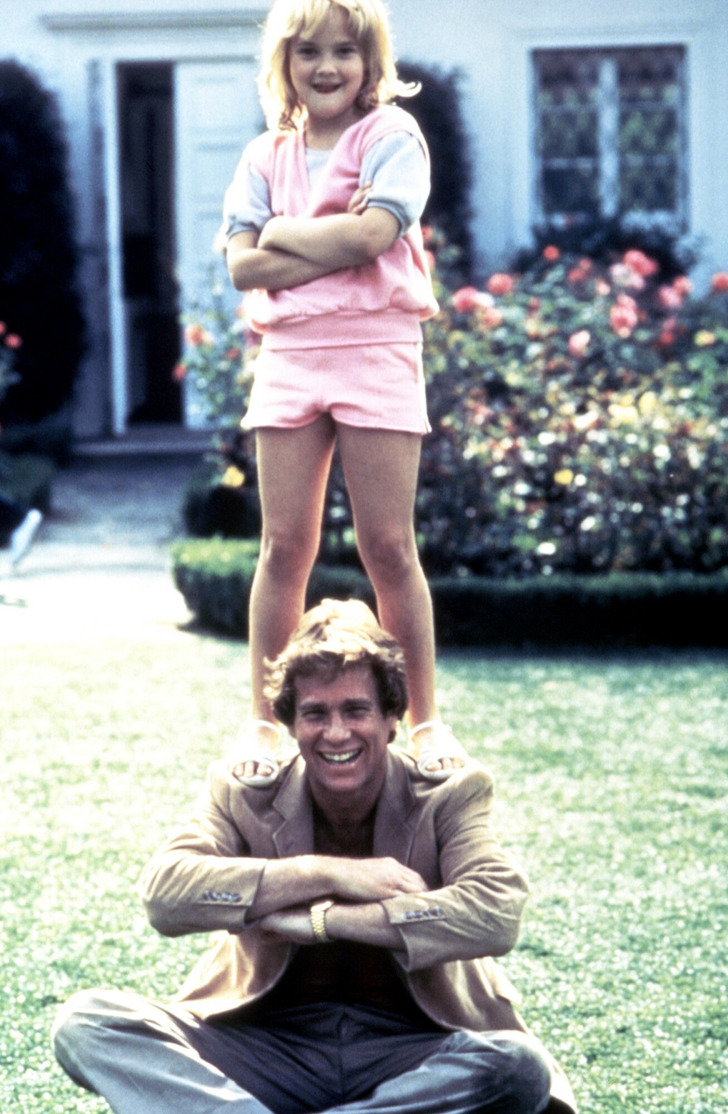
At 15, Drew Barrymore couldn’t find acting jobs, so she started cleaning toilets at 16. She got married and divorced twice by her mid-20s. Now, she wrote a book called Wildflower, which is sort of like her life story. The actress honestly opened up that her fame didn’t bring her happiness.
After the movie ET, she got into some trouble. There’s a famous video of her talking to Johnny Carson when she was seven but acting much older. She even wore fake teeth to cover up the milk teeth she lost.
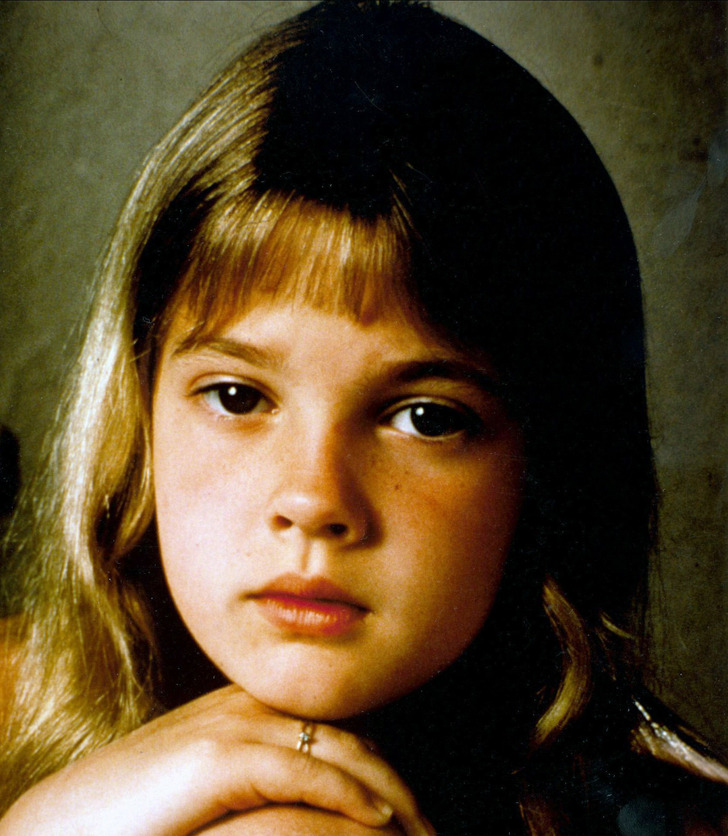
What we didn’t know back then was that her dad, John Drew Barrymore, had problems with addictions, and her mom, Jaid, was a bit wild too. After Drew’s parents divorced when she was nine, her mom took her to Studio 54, where she got introduced to some not-so-good things.
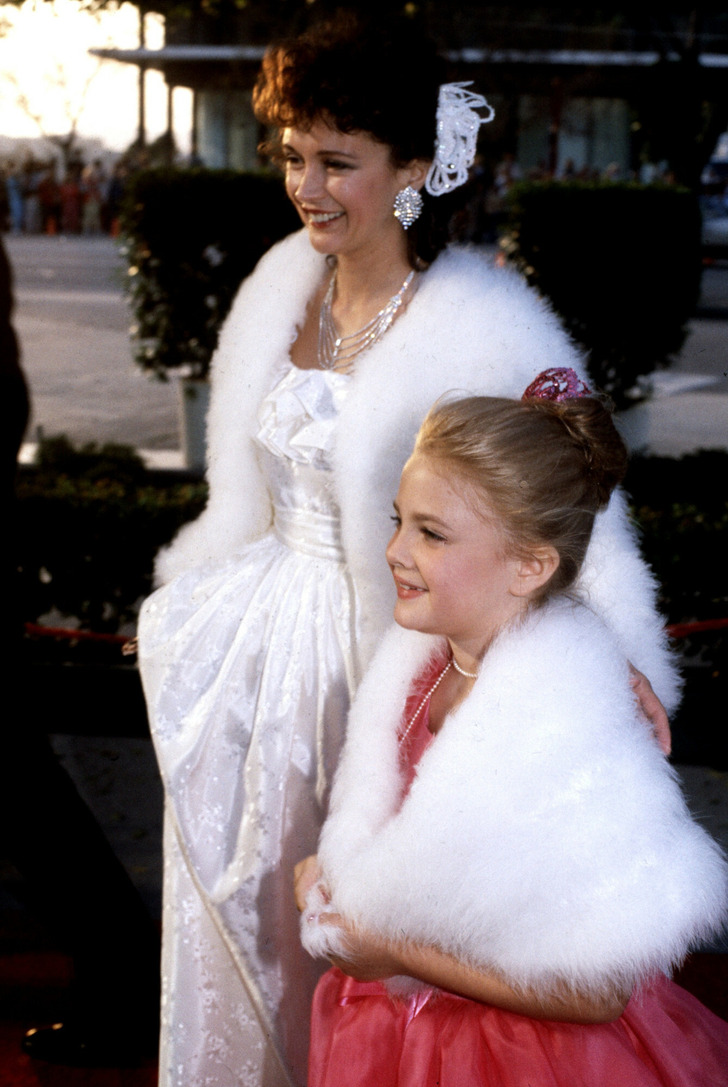
Since she was eight, Drew called herself a “party girl,” going out with her mom and her mom’s friends almost every week. But it became too much for her. By the time she was 12, she had been to rehab and supported Nancy Reagan’s Just Say No campaign. However, she fell off the wagon at 13 and ended up spending 18 months in the hospital, getting treated for addiction issues.
When asked if her 14-year-old self could have imagined sharing such a positive life story after 40, Barrymore says “no”, because she was terrified of not knowing her future. She feared she wouldn’t make it past 25. But also partly yes, because no matter how tough things got, she always believed in the existence of goodness.
She never completely embraced the darkness. Despite facing challenging situations, Barrymore knew better than to venture into the extreme.
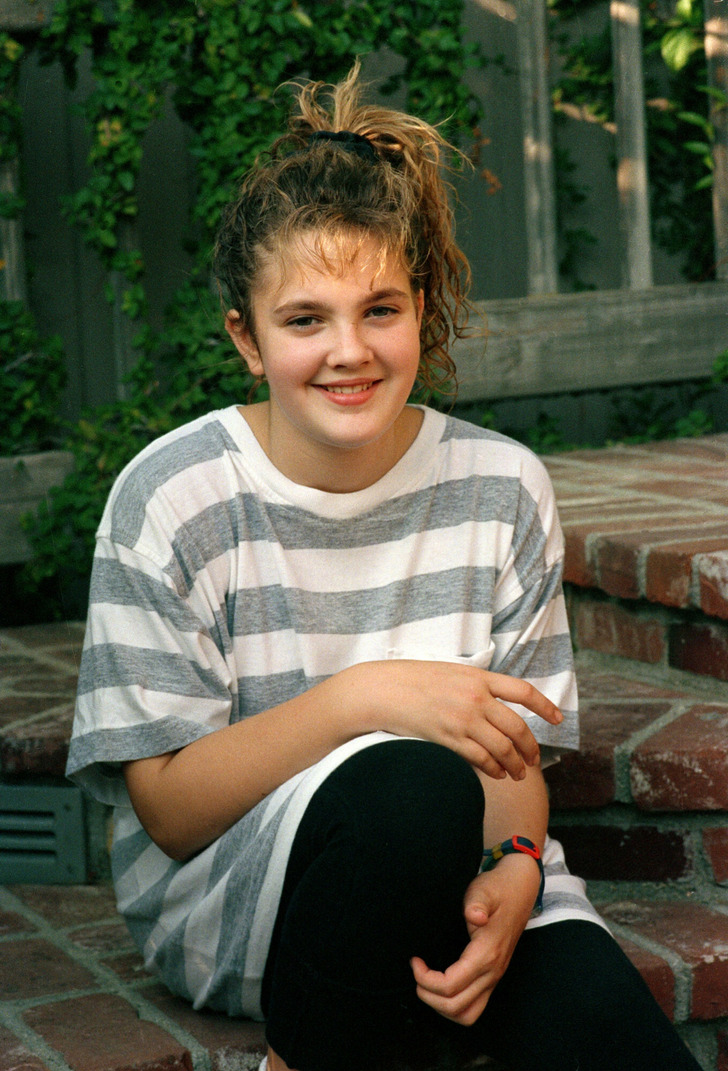
When she was 13, that was probably the toughest time for her. And it felt awful. It was a time of rebellion, running away, and intense anger. Drew felt she was alone.
She confessed, “I was going to clubs and not going to school and stealing my mom’s car and, you know, I was out of control. So, you know, sometimes it was as humorous as that, and sometimes I was just so angry that I would go off, and then I’d get thrown in the thing.”
Once she really asked herself why she was so angry, she let go of the anger. Digging deep inside, she accepts it happened because her parents weren’t there. They were gone, couldn’t handle any of it, and she gets it.
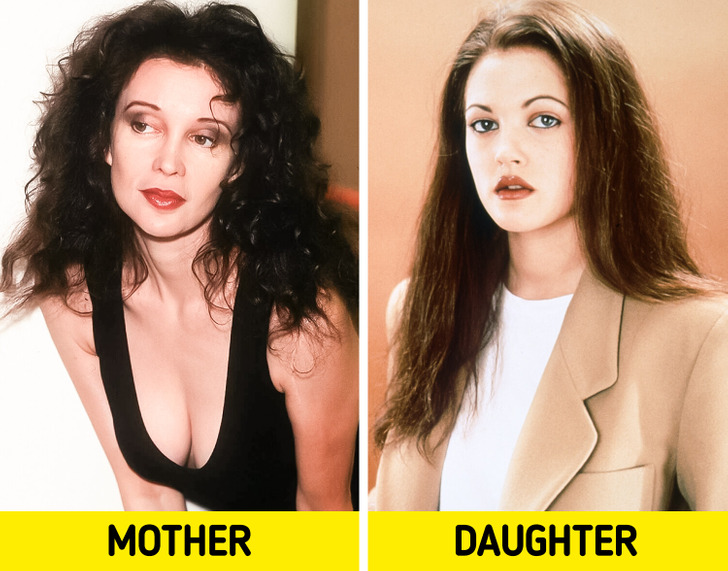
“They were pretty out there! But I realised, honestly, yeah, my mom locked me up in an institution. Boo hoo! But it did give an amazing discipline.”
It was an institution for the mentally ill. It felt like intense training, similar to a boot camp — a tough, dark, and enduring experience lasting a year and a half. But she found it necessary. Drew craved that extreme discipline. Her life wasn’t ordinary, she wasn’t a regular school kid. Something was profoundly different, and she needed a significant change.
Finally, the institution she was staying at suggested that at 14, she can legally separate from her mom and be considered an adult. The people there thought it would be better for her to be on her own if she went back to the outside world. Now, she doesn’t feel bad about the time she spent there. It made her more respectful because her parents didn’t teach her that.
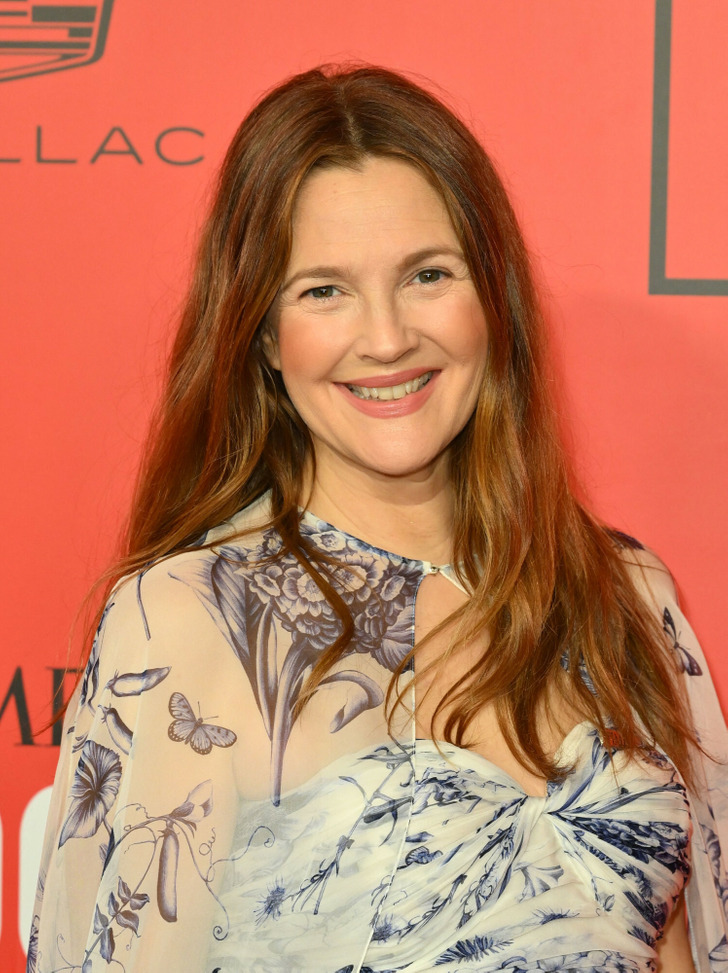
But Barrymore seems willing to make amends. She shared that she sent a message to her mom, Jaid, after many years had passed, wishing her a happy birthday.
Her mom responded that she loved her, and she was proud of Drew. She just figured out that her father couldn’t handle things as a person, and it was tough for her mom. It’s like she has to deal with all the sadness, and he gets away without any consequences.
“I forgive my mom. I forgive my dad,” Barrymore added. “I’ve never forgiven myself, but I’d like to, and I’m ready to.”
Sometimes, we experience significant psychological traumas during childhood, but it’s important to recognize that these challenges don’t define our entire journey. While childhood traumas can have a profound impact on our mental well-being, they don’t determine our future entirely. With support, self-reflection, and coping mechanisms, individuals can overcome these early adversities and build resilience.

